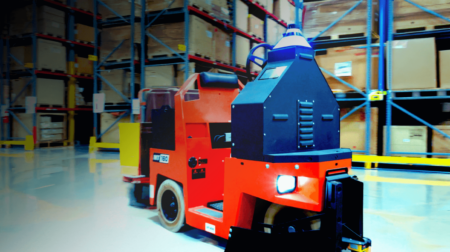Not-for-profit NHS consortium NEP, which provides cloud-based enterprise resource planning (ERP) platforms to NHS organisations across England, has introduced Robotic Process Automation (RPA) to add new centralised data to its cloud solution.
RPA is being used to include new supplier information on the platform which supports 35,000 users and a million transactions a month. Its integration means that NEP is now assessing other tasks which could benefit from automation and supports the national initiatives of digitalisation within NHS organisations.
NEP said its decision to introduce robotics came after resources were under pressure due to the pandemic. It experienced a 21% increase in demand from consortium partners for new supplier information to be added to the platform, while at the same time three NHS organisations were being onboarded to the platform and its different systems.
Assigning resources to complete all these tasks at the same time was difficult and RPA provided the solution, NEP added. Its introduction has seen document processing times reduced from several hours to under an hour.
Craig Alderson, NEP’s head of applications, said: “As a lean not-for-profit organisation we needed to find a cost-effective solution to manage the increased pressures of delivering for our consortium members during the pandemic.
“RPA was recognised as being able to help us deliver on our service level agreement pledges while freeing staff from repetitive time-consuming tasks to carry out more valuable roles.”
Technical partner EAS, the Shropshire-based RPA firm, worked with NEP to devise a project plan and assess how the technology can be scaled up quickly to provide more resource after discussions with software provider UI Path.
To implement the robot, EAS assigned a dedicated technical developer to work with NEP and worked on a fixed price contract to give the not-for-profit organisation certainty in terms of cost of investment.
Alderson added: “Automating a fundamental but mundane process has improved our response time and increase the number of supplier requests we can handle by around 200 a month with no additional cost.”








